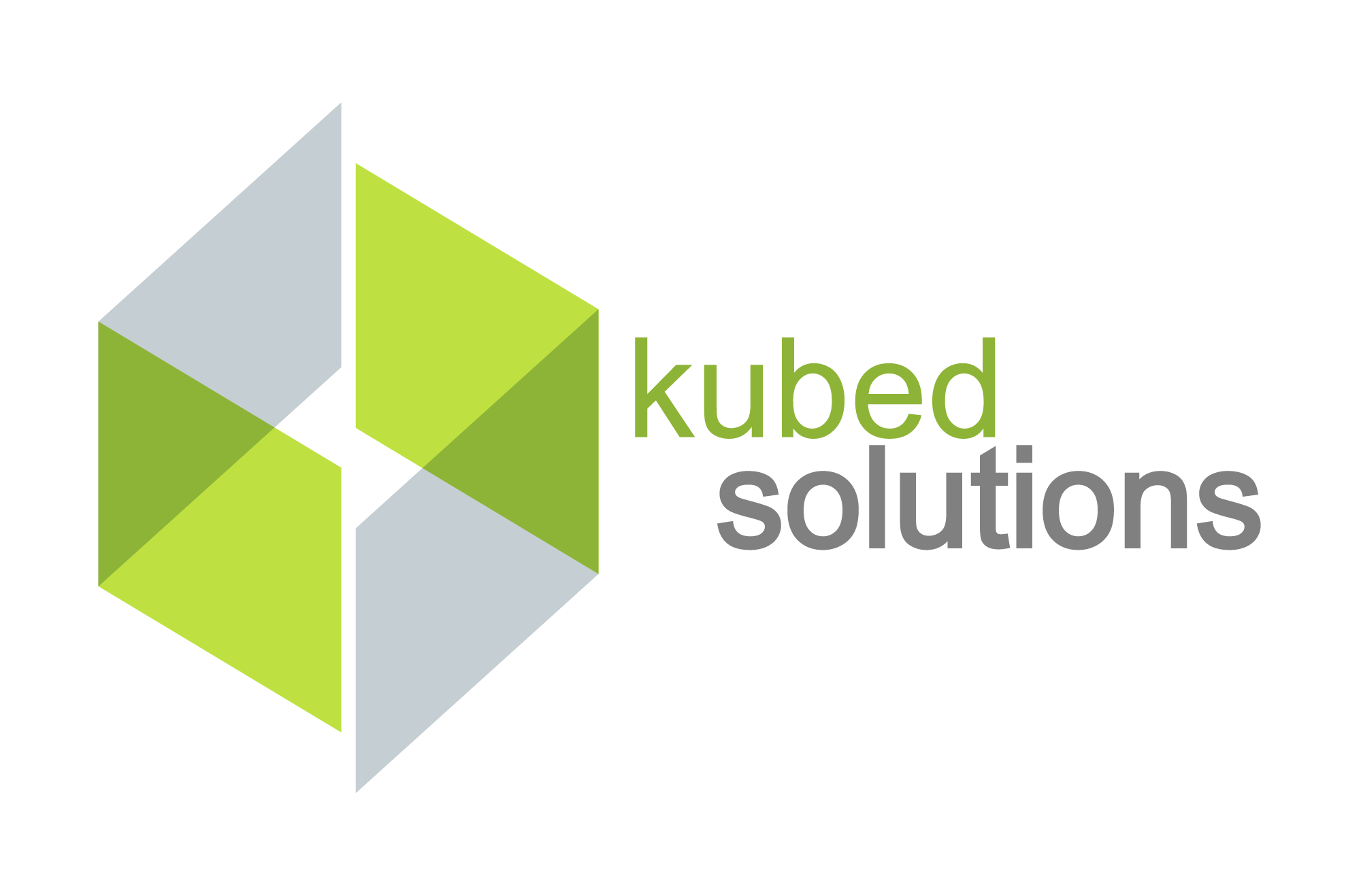How and when will I be charged?
There are various pricing models to consider when choosing an MSP, but the two most common are: fixed and per incident. A fixed price model is often the more cost-effective option even if it doesn’t appear so at first. A fixed price or AYCE (“All you can eat”) model provides unlimited supported for a fixed monthly rate.
Per-incident pricing is based on the time it takes to fix your IT problems, which can lead to confusion and disputes with your provider. For example, “You fixed this last month, why should I pay for you to fix it again?” or “Why is my bill so much higher than last month?”
TIP: If you opt for a fixed-pricing model, ask whether maintenance contracts and warranties are included, as well as management of contracts and interactions with equipment suppliers. Check that your pricing is transparent and watch out for any hidden extras.
Which factors should I take into account when choosing the right IT supplier?
This depends on the size and growth plans of your business, budget, and your internal IT expertise. You should identify exactly what it is that you are looking for. Do you want to outsource all or parts of your IT? If so, what parts? Are you looking for a company that fixes problems or one that helps mitigate issues before they become a larger problem?
TIP: Look for an MSP that offers hardware, software, networking and support. This will avoid the need for multiple suppliers and finger-pointing.
Does bigger mean better?
A “one-man band is unlikely to do”, but with larger companies, customer care and communication often suffers. Think about your needs for the business now and your needs for the future.
TIP: Opt for a mid-sized MSP that promotes its documentation, transparency, and communication.
Does the provider work with other companies within my business vertical?
Question if they have relevant experience in your market sector — this is especially important if you operate in a niche marketplace. Do your homework first to see whether they offer a true partnership approach.
What contract length should I go for?
There is no reason at all why you should get pushed into a long-term contract, as the company should live or die by the quality of its service, no matter what length you chose. However, if you prefer a longer time-frame, ask what benefits will come from signing a longer contract, such as a price reduction.
TIP: Do not get pushed in to a long-term contract if it is not right for your business needs. Choose an MSP that is looking to build long-term relationships, not long-term contracts. If they insists on a long-term contract, ask why.
Is the service provider proactive?
The core to good IT support is preventing problems before they happen. This reduces downtime and is good for business. However, the provider is not just there to stop problems from happening; they are also there to map IT changes ahead of time. A good service provider will regularly visit its customers to help identify how they currently utilize their IT and what changes can be made to better manage it in future.
TIP: Avoid the “fixer.” These types of companies will only offer problem fixing, rather than trying to avoid them in the first place.
Does the provider offer remote management and monitoring?
This should be a fundamental part of the model you choose. Opt for a provider that offers monitoring of your PCs and servers, and the installation of upgrades and packages remotely and seamlessly. If a server’s drive is running low on space, the provider can be proactive about it remotely, before it is too late and the server crashes.
TIP: Remote management and monitoring will offer you support without impacting your productivity or disrupting the business.
What happens when my business grows?
It is important the supplier works with you to plan for growth. Consider longer-term hardware needs at the outset to save time and expense later. Many businesses forget that extra staff means more demand on their server and storage requirements. Be sure to build your IT in a highly scalable way. If business growth takes off, you won’t have the time to build an efficient IT strategy as a quick reaction to expansion.

